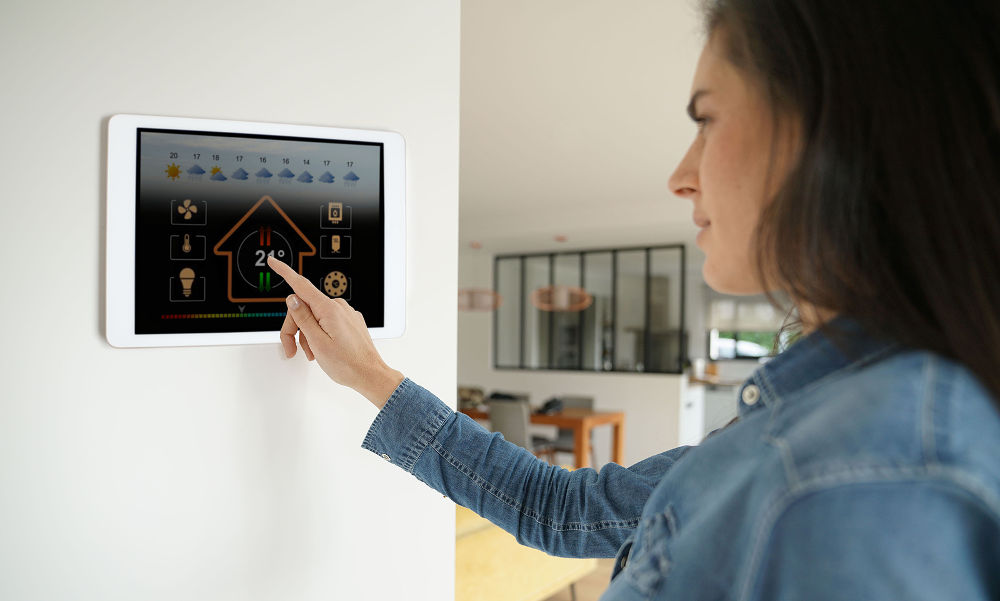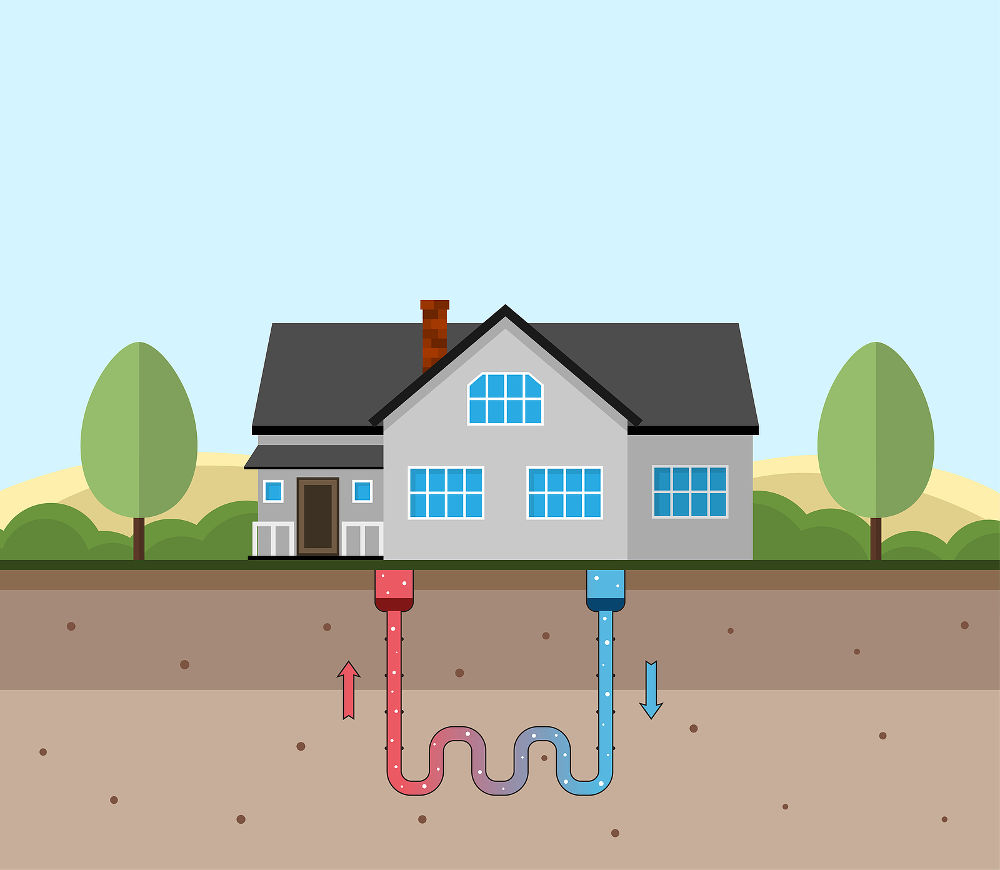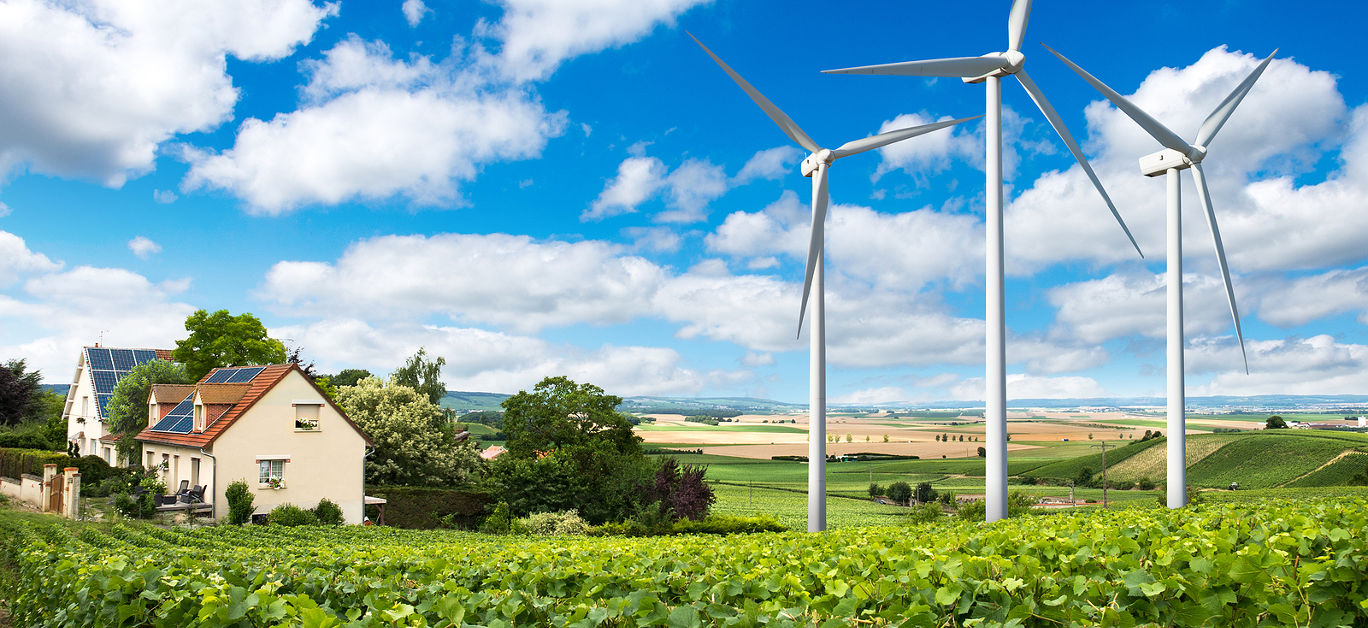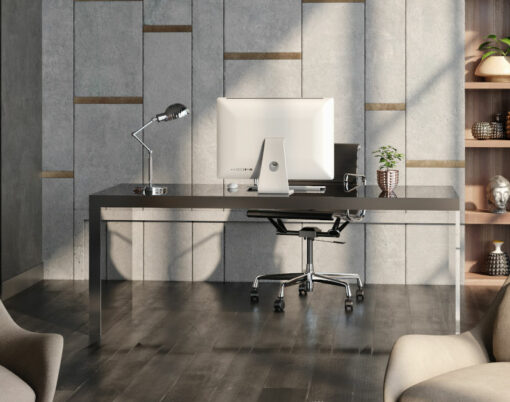For the high-end homeowner, lavish amenities and sophisticated touches have always been key ingredients in creating the perfect luxury living environment, but with global awareness of climate change continuing to grow, we’ll see the usual criteria expand to include a more sustainable way of living as we head into 2024.
The shift towards a more eco-conscious lifestyle isn’t exactly anything new, and for the past decade, individuals around the world have been striving to make greener choices in their day-to-day lives and cut down their environmental footprint. Now, though, the consideration is expanding into the realm of home construction and taking on a greater significance than ever before, with sustainable materials and systems being integrated with sustainability in mind, right from the very start.
Similarly, luxury homeowners living in older properties are seeking to improve their homes’ energy efficiency and overall green credentials – and these are the trends that will be helping them do it as we head into the new year.
Passive house design
Passive house design, in which homes are meticulously planned and constructed with optimal energy efficiency in mind, is becoming an increasingly popular principle, and in 2024, it’s set to dominate, transforming the way we build new homes. Characterised by highly-insulated walls, high-performance windows and airtight construction, this internationally recognised, science-based building standard allows houses to form a sealed envelope that minimises heat loss and in turn, energy consumption for both heating and cooling. In fact, buildings constructed with this concept in mind are said to consume 90 per cent less heating and cooling energy than conventional buildings, which is no small feat.

Smart heating systems
Smart technology is already revolutionising the way we control our homes, and from lighting and entertainment to heating and cooling, these days there’s little that can’t be integrated into these intelligent systems. Smart home heating systems will enjoy a particular surge in popularity in the new year as high-end homeowners strive for optimised energy usage and a more user-friendly experience, and by analysing real-time data and user preferences through machine learning, smart home heating and cooling systems are able to get to grips with your habits and lifestyle and ensure your thermostat is controlled accordingly.
When you’re out, it will conserve energy by switching the heating off, turning it back on again in time to ensure the perfect temperature for your arrival, and making sure the rooms you use the most and least are catered to accordingly, too. It’s a clever, hands-off approach that requires little input from homeowners, although settings can be tweaked accordingly to suit your needs.
Green roofing
Green roofing is another burgeoning trend that is aesthetically pleasing as well as coming with numerous environmental benefits, so it’s easy to see why a growing number of high-end homeowners will be opting to have them installed in 2024. Green roofs incorporate living vegetation into an extension of the existing roof and comprise high-quality waterproofing, a drainage system and a lightweight growing medium, amongst other elements, and because they are modular, they couldn’t be easier to install.
Able to reduce the stormwater run-off rate from a roof by up to 65 per cent and keep roof surfaces between 30 and 40 per cent cooler, they also dramatically reduce heat flux from roof to building and support the natural environment by attracting wildlife such as bees, birds and spiders. And best of all, they last for up to 40 years – sometimes, even longer.

Geothermal heating
Smart home systems aren’t the only heating-related trend we’ll be seeing in 2024, as geothermal heating also prepares to take centre stage. Offering a sustainable alternative to traditional heating methods like fossil fuels, geothermal heating instead draws on the Earth’s natural heat reservoir to deliver a constant and renewable energy source to homes, with geothermal heat pumps efficiently transferring heat from the ground to your home. In turn, this gives homeowners the chance to lower their carbon footprints and minimise their environmental impact for a more sustainable way of living, and we can expect to see a large number of high-end property owners opting to make the switch.
Air source heat pumps
Another type of technology that is gaining popularity in home heating and cooling for its incredible efficiency and eco-friendliness is the air source heat pump.
These remarkable devices offer a range of benefits that not only make them a smart choice for homeowners, but also contribute to a more sustainable future. Any guide to air source heat pumps will tell you that these versatile alternatives to traditional systems are particularly handy because they provide both heating and cooling in a single unit.
During the winter months, they absorb heat from the outdoor air and transfer it inside to keep your home warm and toasty, while when summer rolls around, they’re able to reverse the process, removing heat from your home and releasing it outside to keep you cool. This means you can enjoy comfort all year round without the need for multiple systems, safe in the knowledge that this energy efficient choice is keeping costs down and minimising your environmental impact, too.






















